30 Interesting Facts About Ducks
Charlotte GreenDuck is one of the most popular birds in the household in many countries. Also, there are huge populations of wild ducks in the world, which make an important contribution to the global ecosystem. We present to you 30 interesting facts about ducks.
Interesting facts about ducks
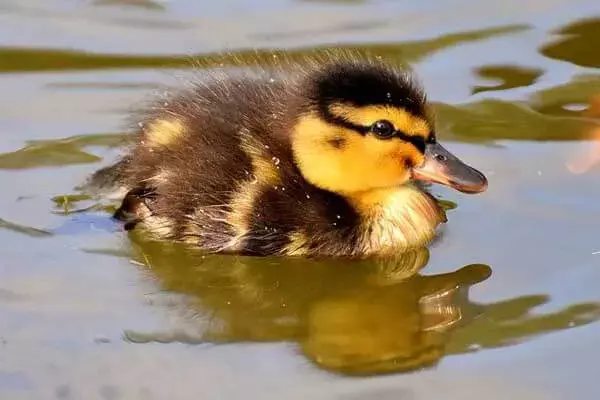
1.The ducks were domesticated a long time ago by ancient Egyptians.
2.The country where ducks are most popular in China. About two million ducks are bred there every year, which is three-quarters of the world’s duck production.
3.But in Latin America, there’s almost no duck as a food.
4.In total, there are about 110 different types of ducks in the world.
5.When hunting for prey, ducks can dive to a depth of 5-6 meters.
6.Only female ducks can quack. Spleens can’t quack.
7.Even though ducks’ necks are short enough, they have more cervical vertebrae than giraffes.
8.In Ireland, there are a lot of ducks living in Dublin Central Park. During the conflict between Great Britain and Ireland in 1916, when fighting was also taking place in the park, both warring parties stopped fire for a time every day so that the park keeper could quietly feed the ducks living there.
9.Lineage, ducks lose a lot of feathers, and with them the ability to fly. After molting and feather growth, the ability to fly returns to them.
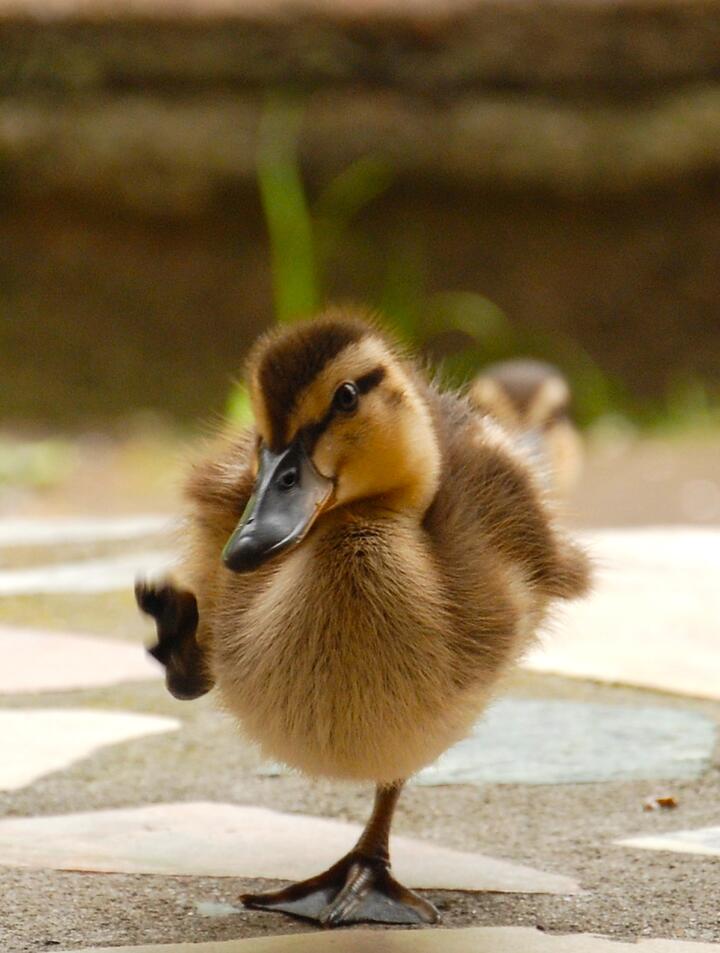 Photo by Kerin Gedge on Unsplas
Photo by Kerin Gedge on Unsplas10.Some ducks can fly up to five hundred kilometers a day.
11.Ducks don’t have one eyelid like a human, they have three.
12.Duck paws have neither nerves nor blood vessels, so they can walk calmly on snow and ice without feeling cold.
13.Contrary to the common myth, under certain conditions, duck quacking still has an echo. But in most cases there really is no echo, it’s a fact.
14.An adult duck can lay up to 240-260 eggs a year.
15.There have been documented cases when ducks swimming on the surface of ponds have fallen prey to large pikes.
16.Duck feathers cannot get wet, because they are covered with a special fat layer. This secret is produced by glands near the base of the tail feathers, and ducks apply it to the whole body with their beak.
17.The feet of these birds are incapable of feeling cold because they have no blood vessels or nerve endings.
18.During the annual molt, ducks lose their ability to fly because they lose many feathers.
19.Moving on land, these birds shuffle awkwardly from side to side because of their short and spread legs.
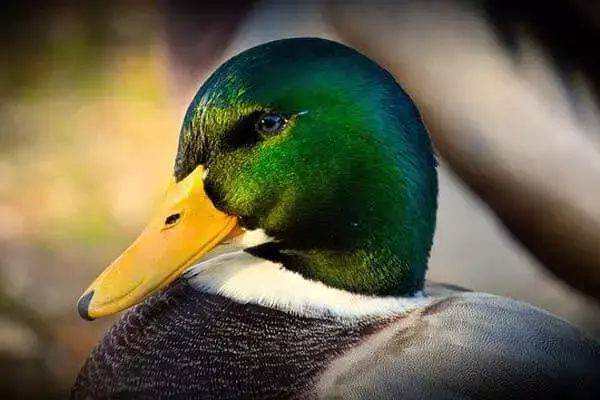
20.Everybody knows that ducks sometimes dive in search of food, but very few people know that they can dive to a depth of 5-6 meters.
21.Having eaten, they swallow rocks and clay. This helps them digest their food more efficiently.
22.Little ducklings do consider their mother to be the first creature they see when they get out of the egg. And this creature can be, for example, a human or a domestic cat – it is all the same to the ducklings.
23.Duck meat is popular with cooks almost all over the world. The only region where domestic ducks are almost never bred in the countries of South and Central America.
24.Once, back in 1992, during a storm, several containers filled with plastic ducks were washed off the deck of a merchant ship by the waves. All in all, about 30 thousand toys were lost, and then they were found in different parts of the world for several years. But every cloud has a silver lining – thanks to these findings, scientists have been able to learn a lot about ocean currents.
25.During migration, ducks sometimes fly 400-500 kilometers a day.
26.Ducks have three eyelids. One to blink, one to protect the eye, and one to sleep. Owls, by the way, have the same.
27.Usually, ducks fly at a medium speed, but once researchers recorded a wild duck flying at 170 kilometers per hour. It flew in front of a small airplane and was obviously deathly frightened, which gave it strength.
28.These birds don’t often reach heights of more than a kilometer, but they can do it. Once in the U.S. an airplane collided with a duck at an altitude of 6.5 kilometers.
29.Ducks have 80 chromosomes each.
30.During molting, these birds stop laying eggs.
Did you like interesting facts about ducks? Share it with your friends.
See also 7 interesting facts about swans
Facts About Ducks
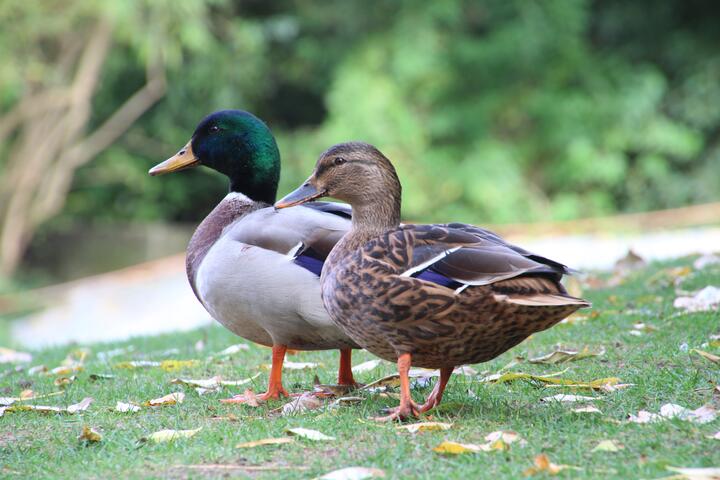 Photo by Miguel Alcântara on Unsplash
Photo by Miguel Alcântara on UnsplashA number of interesting facts about ducks will make you smile. Unlike other waterfowl, ducks do not mate for life and remain monogamous for each breeding season. They also eat a wide range of foods and can live from two to twenty years. The following are some of the most interesting facts about ducks. Learn more about this fascinating animal. In addition, find out why these birds are so cute!
First of all, ducks have special webbed feet and beaks. Their webbed feet are made of a special waxy coating and regulate blood flow. These special feathers help them keep warm in cold waters. As a result, ducks have trouble walking on land, and their waddling motion helps them stay afloat. This makes them great pets, but they can be difficult to handle as pets. If you’re looking for some interesting facts about this bird, take a look at the following information.
Ducks are waterproof, but their feathers are not. They have a gland on their tails called the preen gland that secretes oil. It is used to clean their feathers. This gland is also used for pooping, as ducklings can recognize a mother’s voice. Finally, ducks have impressive visual abilities. Their unique eye structure allows them to see UV light. In fact, they can detect ultraviolet light.
Although you may think that ducks don’t quack, there’s nothing to worry about. The Acoustics Research Centre debunked this myth in 2003, while taking part in the British Association’s Festival of Science. This myth was further proven by the popular Discovery Channel television show MythBusters. And they’re a worldwide species. They are also cosmopolitan, and some even have colonies on oceanic islands. Unfortunately, many duck species are endangered or extinct, so if you want to learn more about them, now is the time to get started!
Another interesting fact about ducks is their remarkable abilities to communicate. This is important as ducklings can be noisy and need to be heard for safety purposes. While most ducks do not have the ability to hear, they can recognize their mother’s voice. Some facts about a flock of birds can be fascinating. And if you’re a duck enthusiast, you’ll never run out of topics to read. Besides ducklings, you can also read about how to make them a pet.
Most species of ducks do not make a quacking sound. Instead, they use a variety of calls to communicate with each other. The “scaup” noise is a common call for diving ducks. However, these noises can vary in volume. While most ducks use different calls to communicate with each other, some are more subtle and loud than others. If they’re talking to each other, it is more likely that they’ll quack to be more aggressive.
A lot of ducks are social. They often live in groups of at least five other ducks. They spend the day foraging and hunting together. At night, they sleep in their paddlings. Then, at the end of the day, they are very active. This is the most interesting fact about ducks. If you’re interested in learning about these amazing animals, you’ll find a large collection of fascinating facts about ducks.
One of the most fascinating facts about ducks is the fact that they do not make a “quacking” sound. In fact, only females of most dabbling duck species make this sound. In addition, many species of ducks have various other sounds for communication, ranging from a deep, low-pitched cry to a high-pitched whistle. In addition to these, some species of ducks have unique colors and patterns, which can be used to identify and understand their surroundings.
The ducks have many fascinating facts about them. They are omnivorous, and are at home on land or in water. Moreover, their feathers are waterproof, which is why they can be found on every continent except Antarctica. Their quacking sounds are accompanied by a beautiful, colorful crest. A common myth about ducks being noisy is that ducks can’t fly. This is not true. In fact, the sound of the quacking noise doesn’t sound like a quack.
- Wildlife7 Interesting Facts About Arctic Foxes

- WildlifeInteresting Facts About Tapir You Need To KnowBy Noah Young
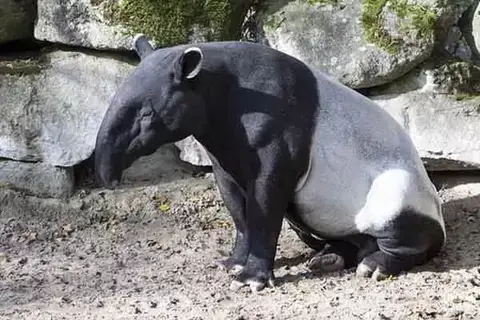
- RodentsHow Do Squirrels Reproduce?By Noah Young
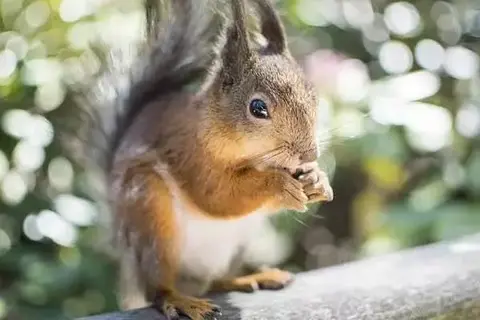
- Birds10 Interesting Facts About A HawkBy Murphy Scott
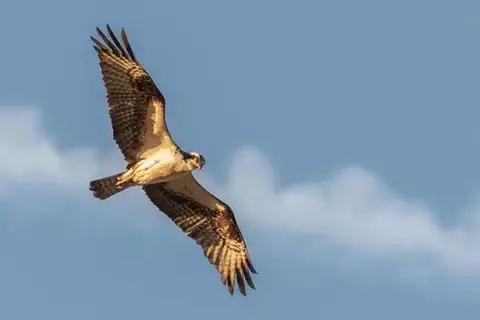
- LivestockCan Goats Eat Tomatoes And Celery?By Karla Miller
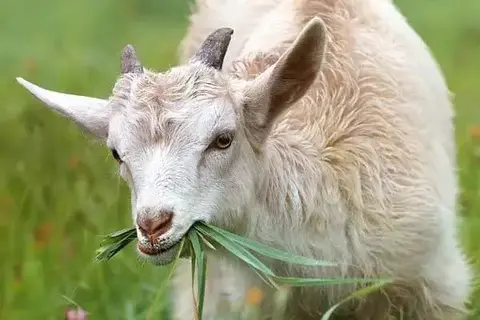
- WildlifeFacts About Dolphin BabiesBy Evelyn Star

- BirdsInteresting Facts About EmusBy Charlotte Green
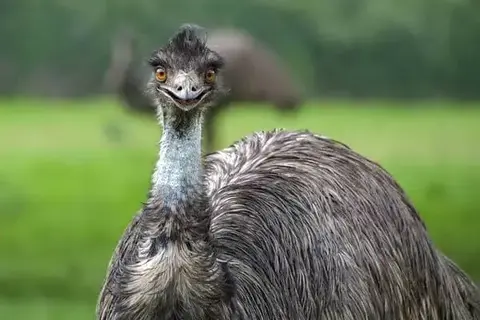
- Insects25 Amazing Facts About Honey BeesBy Murphy Scott
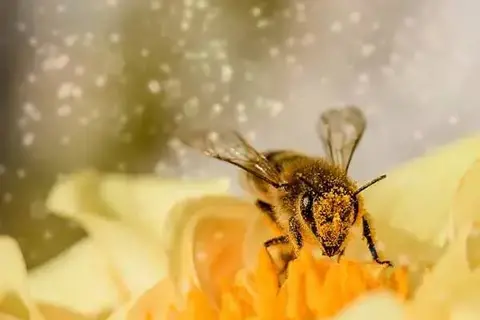
- BirdsWhat Is Emu Running Speed?By Khai Dove
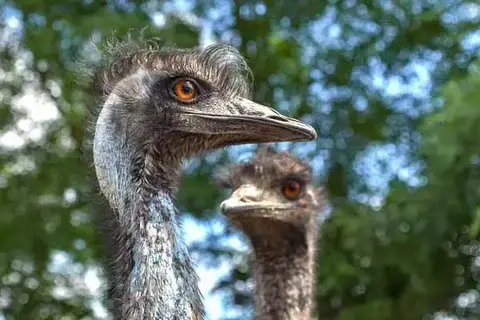
- Wildlife7 Interesting Facts About FoxesBy Murphy Scott
